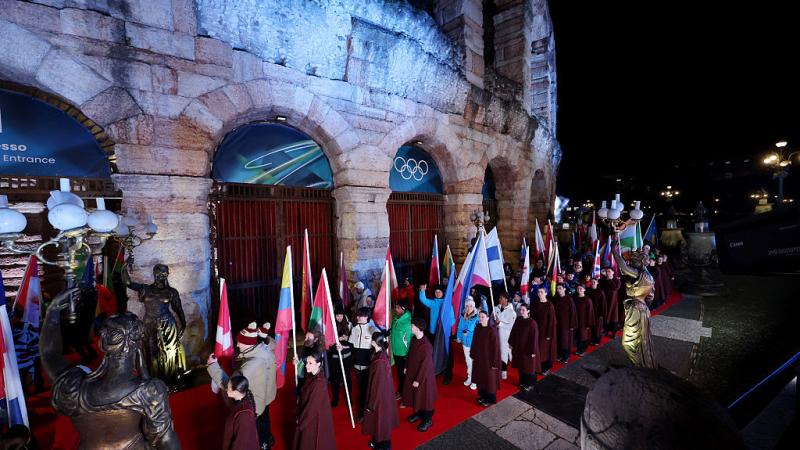State coalition calls on SCOTUS to rule against Biden-Harris in asylum case
The “lawful pathways” rule is one of over a dozen called illegal by U.S. House Republicans when they impeached DHS Secretary Alejandro Mayorkas in February.
A 15-state coalition led by Florida Attorney General Ashley Moody is calling on the U.S. Supreme Court to weigh in on a multi-jurisdictional asylum case.
Moody previously led a 17-state coalition calling on the Ninth Circuit to do the same.
At issue are multiple lawsuits filed over a Department of Homeland Security asylum policy, created through a “Circumvention of Lawful Pathways” rule. It codified aspects of the Los Angeles Declaration of Migration and Protection, endorsed by 21 countries in June 2022.
The declaration “specifically lays out the goal of collectively expanding access to regular pathways for migrants and refugees into the United States,” according to a February 2023 Federal Register entry.
The “lawful pathways” rule is one of over a dozen called illegal by U.S. House Republicans when they impeached DHS Secretary Alejandro Mayorkas in February. It involves the U.S. State Department partnering with multiple countries to move foreign nationals into the U.S., DHS building and expanding dozens of processing facilities, and moving hundreds of thousands of people into the U.S. through a phone app.
Part of the rule reinstated a modified version of a Trump-era asylum ban, which prohibits foreign nationals who were living and working in countries or transited through countries other than Mexico from applying for asylum in the U.S. and multiple groups sued. After the Ninth Circuit ruled in the administration’s favor, the Biden-Harris administration reversed course, saying instead of defending the policy it preferred to enter into a settlement agreement.
In response, Ninth Circuit Judge Lawrence VanDyke chastised the administration saying, “The administration’s abrupt about-face makes no sense as a legal matter. Either it previously lied to this court by exaggerating the threat posed by vacating the rule, or it is now hiding the real reason it wants to hold this case in abeyance."
Next, a coalition of attorneys general, led by Alabama and Kansas, filed a motion to intervene, agreeing with Judge VanDyke. VanDyke denied their request.
The 15-state coalition, led by Moody, petitioned the Supreme Court in support of intervenor states.
“Derelict President Biden and failed Border Czar Harris have been manipulative since day one in their plan to demolish our border,” Moody said. “In fact, a federal judge in a Florida case even said that their actions were ‘akin to posting a flashing ‘come in, we're open' sign.' I, along with my colleagues, have once again filed a brief in support of intervenor states seeking to prevent collusive settlements between this administration and like-minded, open-border activist groups that are attempting to influence border-security policy behind closed doors.”
The coalitions’ amicus brief filed with the Supreme Court states, “In this case, the government has signaled that it is once again playing similar games. Specifically, the government has announced ‘settlement discussions’ with groups politically aligned with the current Administration regarding the Circumvention of Lawful Pathways Rule. And despite the risk of a collusive settlement, the Ninth Circuit denied the States’ motion to intervene to protect their distinct interest in stemming the tide of unlawful migration into this country over the southern border that the current Administration has let loose.”
Joining Moody in the coalition are attorneys general representing Arkansas, Idaho, Indiana, Iowa, Kentucky, Mississippi, Nebraska, Ohio, South Carolina, South Dakota, Tennessee, Texas, Utah and Wyoming.
The Circumvention of Lawful Pathways rule was used to facilitate processing millions of illegal border crossers into the country, fast tracking their release instead of deporting them. Through the rule, DHS was flying hundreds of thousands of illegal foreign nationals to states nationwide, a policy only recently halted after an internal review found no vetting was being done and some illegal foreign nationals were using fraudulent information to enter the country.
The rule also enabled millions of Cubans, Haitians, Nicaraguans and Venezuelans through a CHNV parole program to be processed, or who await travel authorization, to enter the country who under current law are prohibited from doing so. As more CHNV parolees were released into the country, more were being arrested nationwide for committing violent crimes against Americans, The Center Square reported.
















